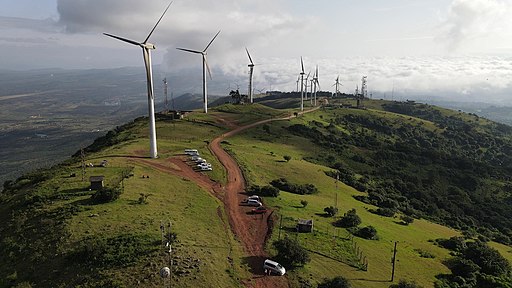How will traumatic decarbonization affect peace processes and political settlements in fragile oil-producing states in Africa and the Middle East?
There is increasing global recognition of the need to move away from carbon-based fuels towards renewable energy sources in order to mitigate the worst effects of climate change. What are the distributional implications of this transition? While there are numerous analyses focused on Western and developed countries, how will it impact fragile states, especially those which produce fossil fuels? This is the driving question we seek to answer in this paper.
This literature review examines the state of research on the implications of a global energy transition for fragile states, with a specific focus on the implications for fossil fuel producing states that operate as political marketplaces.1 By political marketplaces, we mean countries in which monetized transactional politics, often violent, dominate formal institutions (de Waal 2015). Countries such as the Democratic Republic of Congo, Iraq, Nigeria, and South Sudan epitomize these dynamics.2 Within these countries, oil or other resource rents (e.g. critical earth minerals) are vital components of how the political systems operate.
Access the full report, Energy Transition in Fragile States: A Critical Primer
The Carbon Compacts, Decarbonization, and Peace in Fragile States in Africa and the Middle East project was a 21-month research project led by the World Peace Foundation at Tufts University and funded by the United States Institute for Peace. Our goal within the project was to analyze how traumatic decarbonization—a rapid loss of oil rents—would affect peace processes and political settlements in fragile oil-producing states in Africa and the Middle East.
1 For more on the political marketplace framework, see de Waal 2015; and de Waal, Sarkar, Detzner, and Spatz 2020.
2 For other examples of countries that operate as political marketplaces, see https://sites.tufts.edu/wpf/.
Photo: Ngong Hills Wind Farm Station in Kenya by Akash Pitrola. Licensed for reuse by Creative Commons License Attribution-Share Alike 4.0 International.



